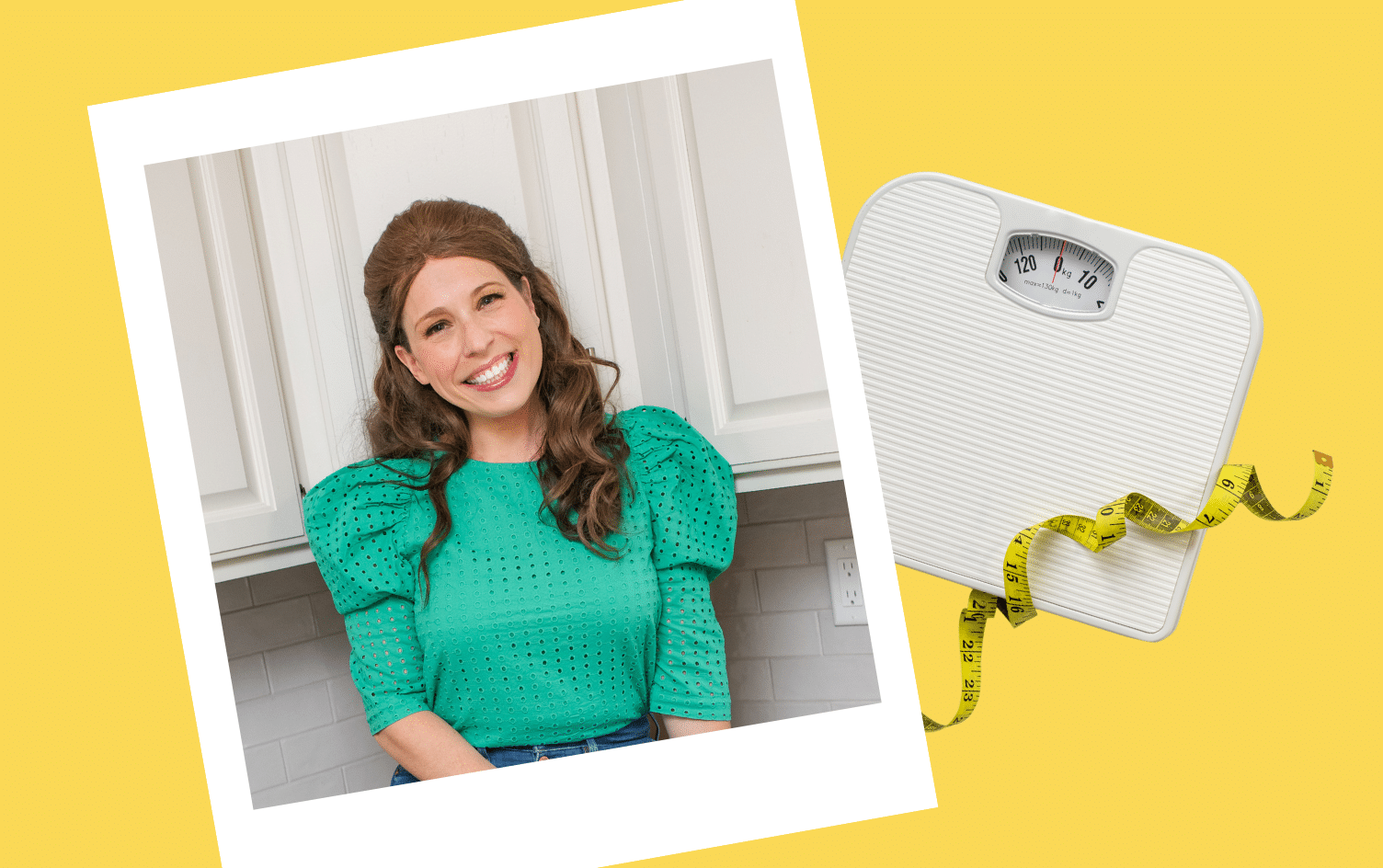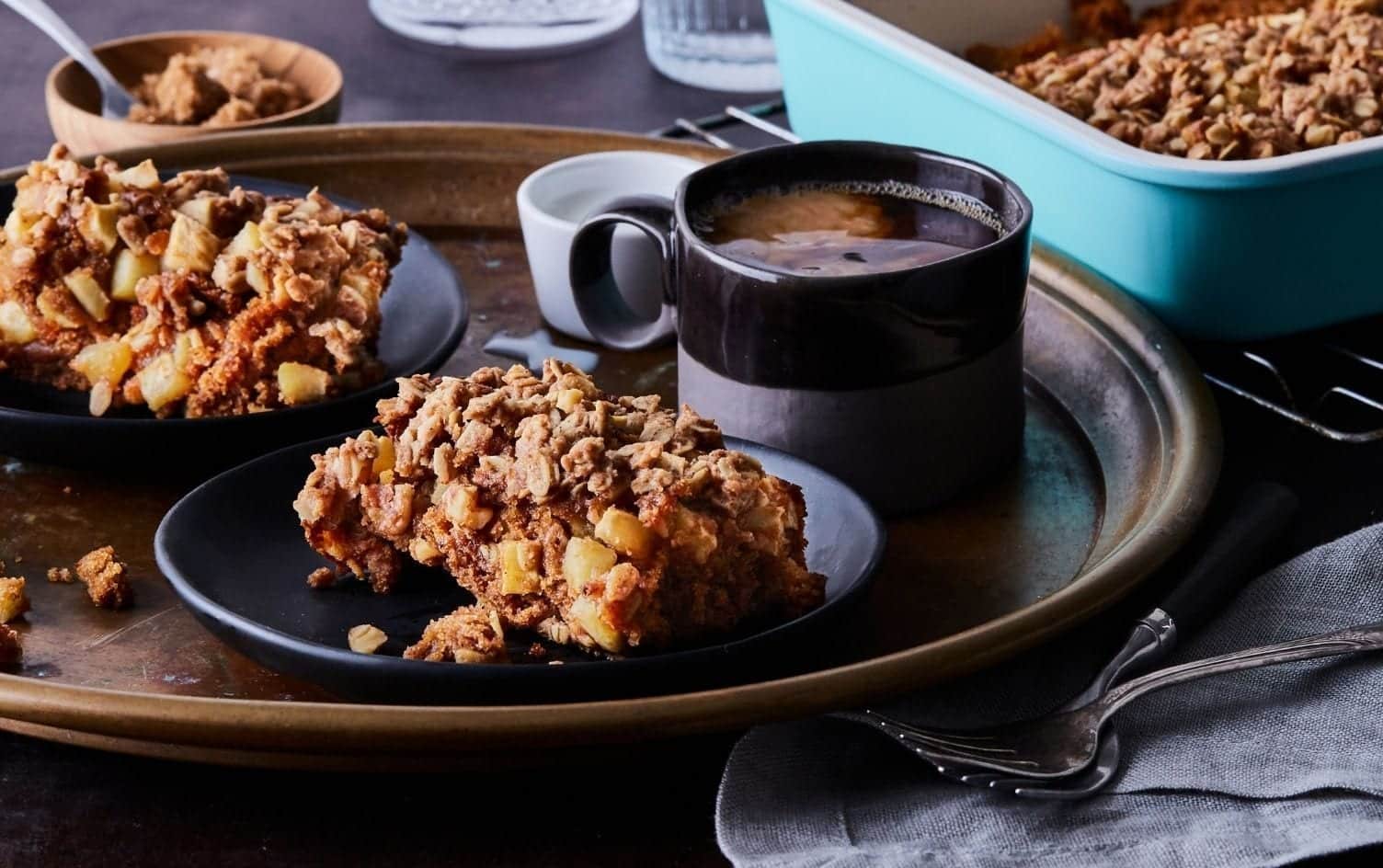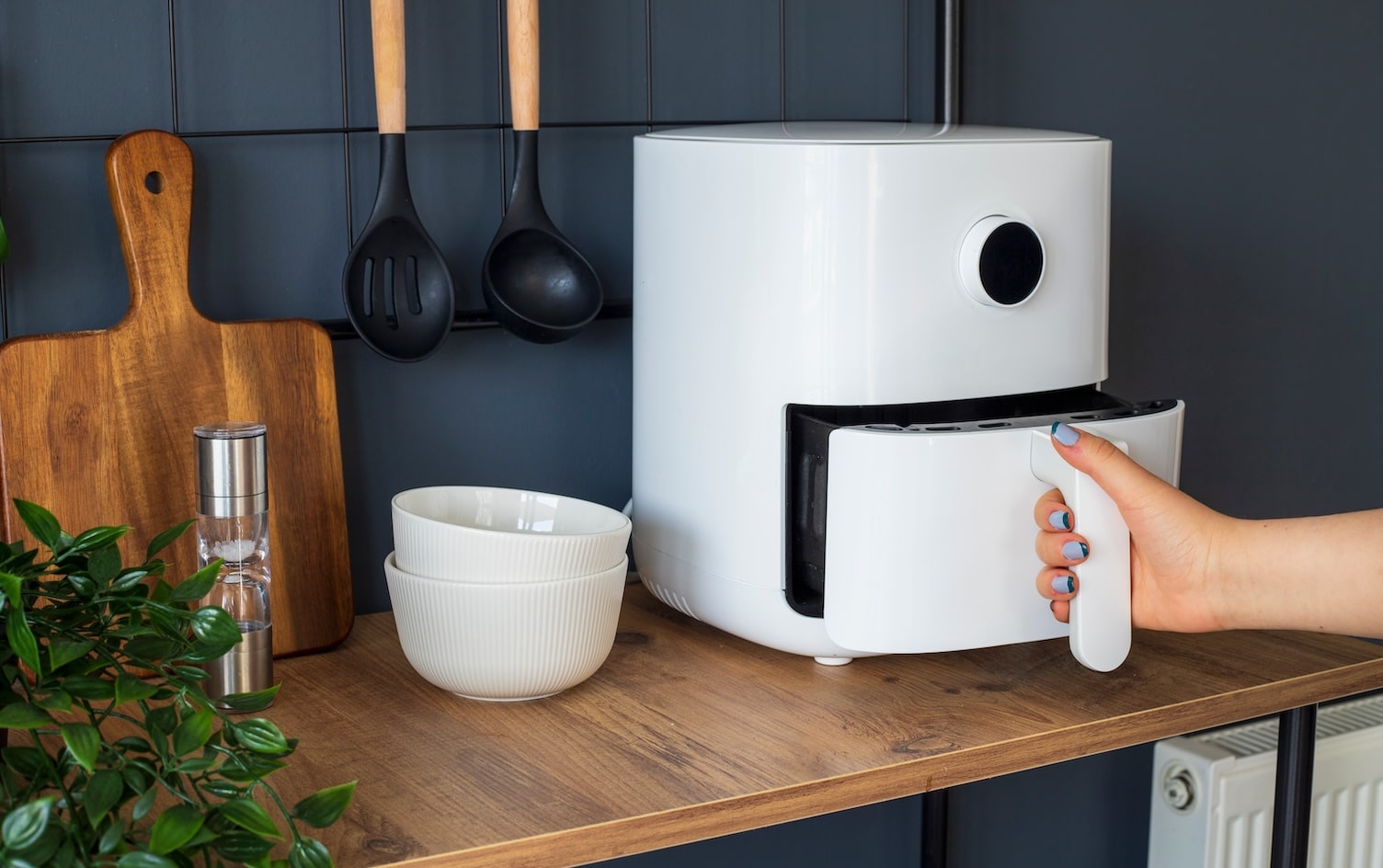“There are so many diets out there that you might forget that the basics — a balanced diet and exercise you enjoy — actually work. You don’t need anything fancy to lose weight,” says Amy Gorin, MS, RD, owner of Amy Gorin Nutrition in the New York City area. The basics include watching calories, adding movement and eating healthy fats, whole grains, lean protein and plenty of produce she says.
This summer, don’t just commit to cleaning up your kitchen, but also focus on deleting extraneous dieting rules. Loosen the reins a bit and you’ll have an even better chance at success and making weight loss a sustainable and enjoyable process.
Here, the rules you should skip and those you should keep:

Many people follow self-imposed diet rules that make them unhappy, whether it’s eating eggs for breakfast to avoid carbohydrate-rich toast or cutting out dessert entirely. “I see people who are miserable during the weight-loss process all the time,” says Gorin. But “lasting weight loss teaches sustainable habits you can keep for a lifetime — and that means being kind toward yourself,” she says. “If you’re following a rule that feels too strict and makes you feel unhappy, let it go.”

New research shows people who were the most successful in weight loss spent less than 15 minutes a day logging what they ate. “Logging what you eat makes you more aware of what you’re consuming and how you feel during those eating occasions,” says Gorin. For example, the cookie you had for a snack may have been tasty, but did it help you feel full the way an apple and some nut butter might? Over time, you can see patterns in your eating habits and make smarter choices.

“There’s nothing positive you can associate with the word cheat and no food should be completely off limits,” says Bonnie Taub-Dix, RD, author of “Read It Before You Eat It – Taking You from Label to Table.” Cheat days often backfire, causing you to overeat and this can harm your metabolism. “Your diet should feel satisfying so you can maintain it long-term, and that includes beloved soul-nourishing foods,” adds Taub-Dix.

“No matter what the food, portions matter,” says Taub-Dix. The thing is, the number of portions listed on a nutrition label might not be right for you — it’s an external bit of data that has no idea how hungry you are or what you ate earlier that day. She recommends using it as a reality check to understand the calorie and macronutrient breakdown and make smart decisions from there.

You might be tempted to substitute traditional pasta or grains with cauliflower or sweet potato or use almond flour in lieu of whole-wheat flour when baking. “Cauliflower and sweet potatoes are great, nutrient-packed foods, but know that these subs don’t often save on calories,” says Taub-Dix. Eat them to add variety and because you can make a killer cauliflower pizza crust — not because you’re afraid of the classic variety.

Front-of-package claims have long been problematic, relying on of-the-moment buzzwords to prompt you to purchase “Just the other day, I had a client who was excited to find ‘dark chocolate-covered pomegranates’ at the store because both dark chocolate and pomegranate arils are rich in antioxidants,” says Annessa Chumbley, an Indianapolis-based registered dietitian. That’s true, in general, but the ingredient label told a different story. “The product had just a little bit of pomegranate juice and a ton of added sugar. The dark chocolate was filled with processed oils and sugar,” she explains. Let this be a reminder to read between the lines and look beyond whatever the front package is telling you — instead, make decisions based on the ingredients within.

Every diet plan comes with its own promises — and those can be big. As such, many have steep fees to join or ask you to purchase expensive foods or supplements. It can be tempting, then, to bounce from diet to diet just because your friend, coworker or favorite celebrity did it, and spend a lot of money in the process. “Abruptly starting and stopping diets wreaks havoc on our bodies and minds. It takes a lot of courage, confidence and time to make sustained changes,” says Chumbley.
Likewise, personal success stories are enticing, but you shouldn’t blindly follow a diet just because it worked for someone else — particularly if it sounds restrictive. “Each person is different and there isn’t one weight-loss solution for everyone. What works for one person might not work for another,” says Chumbley. Keeping this in mind can help you choose to eat in a way that better aligns with your food tastes, preferences and goals — and thus find success. Chumbley calls this doing your own “hunt for health.”

“We love to hate carbs, and yet, it’s such an important food group for energy, B vitamins, fiber and your sanity,” says Taub-Dix. That last one (sanity) is critical: Carbohydrates raise levels of serotonin in your body, a feel-good hormone that plays a key role in mood regulation, she explains.
“I think when we villainize macronutrients, we’re thinking about the worst of the group,” says Taub-Dix. It’s certainly not a bad thing to commit to decreasing your intake of the ultra-processed carbs that are also rich in unhealthy fats and sugar (packaged cookies, for instance), but it doesn’t mean you also need to give up whole-grain toast. Unless you have a medical condition that dictates otherwise, Gorin does not recommend eliminating entire food groups from your diet.

A nightcap will make you drowsy, and it may even make it easier to fall asleep, but the overall quality and quantity of your sleep takes a dive when you’ve been drinking. While you may actually sleep harder in the first half of the night, alcohol consumption is disruptive to the second half, leading to middle-of-the-night awakenings, according to a study in the journal Alcohol. What’s more, other research finds insufficient sleep is associated with greater booze intake and a higher BMI. Poor sleep plus alcohol decreases your inhibitions, making it more likely you’ll overeat, leading to weight gain.

While eating late at night generally isn’t recommended, having the right kind of evening snack can help with weight loss. Going to bed hungry can lead to poor sleep and the urge to raid the kitchen fridge. Instead, RDs recommend opting for a bedtime snack rich in complex carbs and proteins containing tryptophan, an amino acid that helps promote sleep. Examples include Greek yogurt with berries, cheese and crackers or a banana with peanut butter.

Remember food is not your enemy — even when you’re trying to lose weight. “Food brings people together and has historically been at the center of life’s most important celebrations,” says Chumbley. There is room for all of the foods you love. “If you are going to eat something that is technically off ‘the diet plan’ then do it, enjoy it and move on with your life. Ditching food guilt and practicing gratitude with food instead will set you up for success.”.

Research shows when you eat without distractions and slow down, you eat less overall. A study in the journal Nutrients showed when people (who had a normal BMI) were challenged to eat meals at a normal (6-minute) or slow (24-minute) rate, those who ate at a slow rate were fuller 2 hours after eating, had a greater suppression of the appetite-stimulating hormone ghrelin and remembered what they ate previously better than the group who fed themselves fast. That may all account for why, 3 hours after eating, the slow group ate 25% fewer calories from snacks. Chewing slowly and leaving your phone off the table are just a few of the mindful eating techniques that can amp up your weight loss.
Unlock an experience that’s like having a dietitian, trainer and coach — right at your fingertips. Go Premium for expert guidance and exclusive tools that will help you reach your personal health goals.




